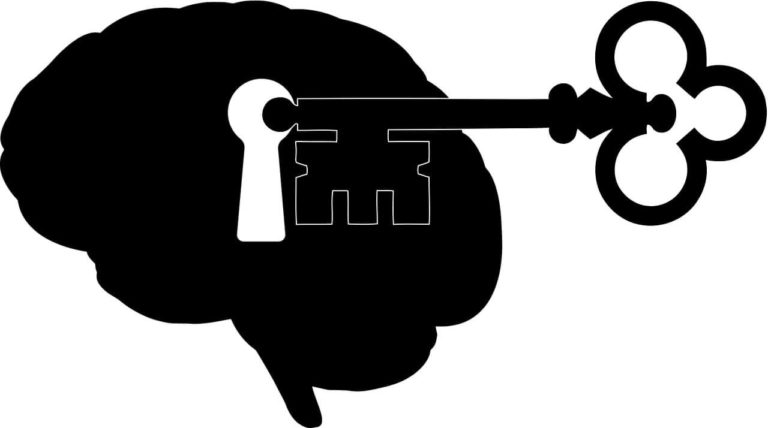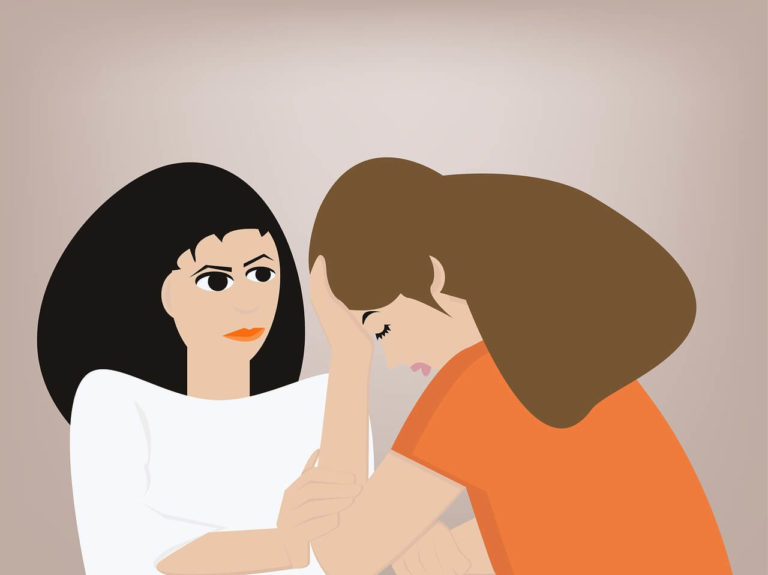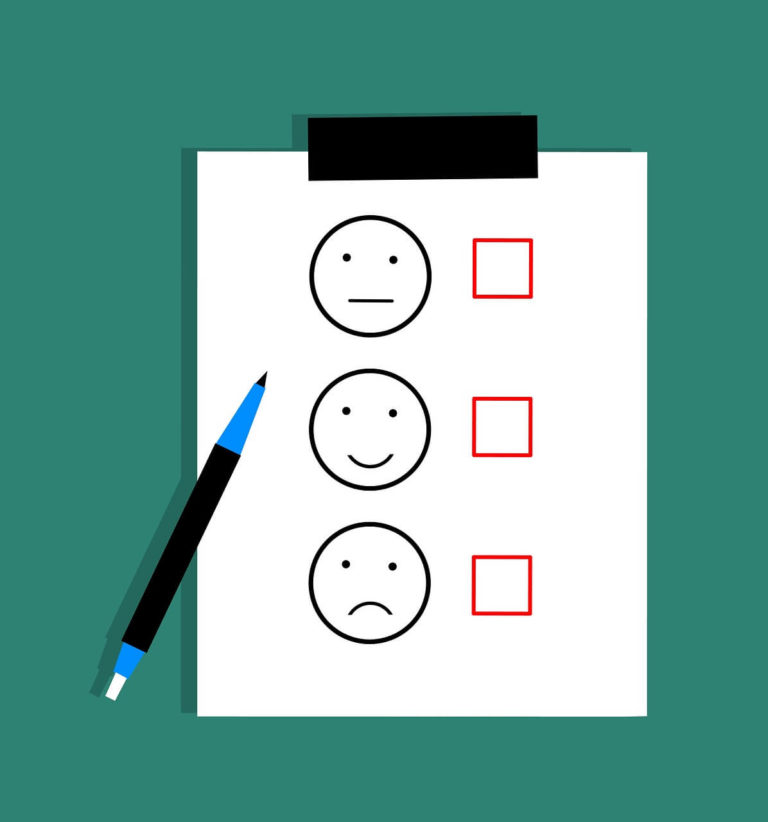Psychology is a fascinating field of study. It helps you understand the nook and corner of the human brain, as well as read different personalities. Therefore, the demand for psychologists and mental health therapists is increasing day by day due to the increased mental health awareness amongst all groups of people. This article will explain to you in detail why you should study psychology and some various interesting facts about this field. So, without further ado, let’s get started!
Table of Contents
Why you Should Study Psychology?

The word “Psychology” originates from two Greek words, “Psych” and “Logos”. Psych means mind, spirit, consciousness or awareness, and Logos means the science of or study of. Hence, Psych -Logos is the study of or science of the mind, spirit, and consciousness.
To start your career in any field, you should always figure out if you are passionate about it or not. Ask yourself questions like- why you should study psychology and the reasons behind it. Do you want to change careers, or is it simply of interest to you? No matter you’re reasoning, you will find some good reasons to study Psychology.
Thus, let us have a look at the 9 best reasons why you should study psychology.
1. Understand Yourself Better
Learn about the different approaches to personality, human development, or how culture impacts our behaviour. Learn about how people tend to behave in given situations, and therefore understand your own motivations in life.
Study different mental health disorders and know if any of the different symptoms apply to you. Discover how to manage stress and anxiety with breathing and mindfulness techniques or pharmacology. Learn about child development to become a better parent or understand your own upbringing. Know what to expect later in life with ageing. Learn about different types of relationships and how you can improve your own.
2. Value Scientific Methods
Psychology is based on scientific methods of discovery. Real research goes into the theories you are taught, with experiments set up in such a way as to be irrefutable. Psychologists use lab reports and a series of controlled experiments to test their hypotheses before sharing their findings. Psychology is certainly not magic; it’s not just about analysing body language or behaviour but is backed up by hard science and rigorous testing.
Psychiatrists and counsellors use psychology tools to obtain relevant data about an individual’s cognitive abilities, personality traits, and emotions. That way, they can create effective, personalized treatment strategies. These tools are downloadable online and are usually free.
The Wechsler Adult Intelligence Scale (WAIS) measures cognitive abilities, including verbal comprehension, perceptual reasoning, working memory, and processing speed. Another tool, the Rorschach Inkblot Test, involves individuals interpreting a series of inkblots, which reveals underlying thought processes and emotional states.
Aside from using psychology tools, psychologists adeptly design studies to gather pertinent data. They make crucial decisions about methodologies, participant selection, and research materials. The data collection phase unfolds through diverse means such as experiments, surveys, observations, interviews, or archival research. Psychologists employ statistical techniques to scrutinize the amassed data for patterns and relationships, drawing well-founded conclusions from their analyses.
Before wider acceptance, the research undergoes meticulous peer review by fellow experts and is subsequently published in reputable scientific journals. The practice of replication, wherein other researchers recreate the study to validate the findings, contributes to the reliability of outcomes. Throughout these stages, ethical considerations remain paramount to ensure the welfare and rights of participants.
Ultimately, the knowledge gained from this methodical inquiry finds meaningful applications in real-world scenarios, encompassing domains from clinical interventions to educational strategies. It embodies the symbiotic relationship between advancing scientific understanding and improving human well-being.
3. Understand Human Relationships Better

When studying Psychology, you will learn about different types of relationships and how to navigate them better. For example, Psychology teaches us that relationships go through a honeymoon phase and a friendship phase, after about 6 months when the passionate love turns to a more familiar companionship bond. Some people break up when the passion fades, but a real Psychologist knows that this is a normal part of a healthy relationship’s progression.
Psychologists are not immune to depression or anxiety, or even addictions, but they can learn how to overcome these issues with ease through tried and tested methods.
4. Appreciate the Stages of Human Development
It is essential to understand how we develop and change throughout our lives. There are certain vital milestones that we go through throughout childhood and adolescence, and it is important to recognise these. Again, in adult life, we go through stages, right through middle age to the elderly, and learning about these may make you want to work with particular age groups.
If you study Child Psychology, you will learn all about their milestones and the significant issues that young people may encounter. You may find yourself wanting to work with and support young people as a result of your studies.
5. Understand Mental Illness

Mental illness can be confusing, and there are several myths out there to add to the confusion. Studying Psychology will help you define the differences between syndromes, disorders, and diseases. You will soon learn that medication is a treatment, not a cure. You will learn how to diagnose patients with mental illness and understand the nuances of conditions like depression, anxiety disorder or schizophrenia.
6. Choose your Speciality
You can specialise in Psychology for the type of topic that suits you. You can choose from Clinical Psychology, psychology concerned with the assessment and treatment of mental illness, abnormal behaviour, and psychiatric problems, Educational Psychology and many more. There is also Sports Psychology; Sports psychologists investigate how participating in sports can improve health and wellbeing.
They also help athletes utilise psychology to improve their sports performance and mental well-being. You might enjoy Forensic Psychology; forensic psychologists work with attorneys, judges, and other law professionals to illuminate psychological elements in legal cases.
What about Health Psychology, which plays an essential role in understanding how behaviours, cognitions, and emotions impact mental and physical health. Or maybe you are interested in Organizational Psychology, which is the scientific study of human behaviour in organisations and the workplace.
There’s also Child and Adolescent Psychology, or Social Psychology, which may be an entry path to becoming an LMFT (Licensed Marriage and Family Therapist). As with other psychology careers, the LMFT salary breakdown varies depending on experience, location, and other factors. However, most people are drawn to this career as it offers a unique blend of financial security and personal satisfaction.
7. Learn to Communicate Better

Interpersonal communication can improve with studying body language and acquiring skills in the management of emotions. You will be able to improve both your public speaking and general communication skills. Understand non-verbal communication, tone of voice and expressions better to have more empathetic dialogues.
8. Help Others
If you have ever dreamed of making a real difference in other people’s lives, learning psychology can effectively achieve that goal. Psychologists, counsellors, therapists, and community services workers devote their time and energy to helping people overcome adversity, increase their well-being, and realise their full potential. While this type of work can be emotionally demanding and stressful, it can also be very fulfilling.
9. Impress Employers
Employers highly prize the skills you acquire during your psychology study, such as communicating complex information and understanding human behaviour. You can use psychology in a variety of professions, from Advertising, Business, Criminal Justice, Education, Health services, Human resources, Management, Marketing, Public Affairs, and Sales.
Tips for Studying Psychology

Psychology is a very ambitious subject field, and it can get a bit hard to cope with sometimes. So, since we have now developed a good understanding of why should you study psychology and its importance, let us now look at some tips to study this subject more straightforwardly.
Develop Effective Study Habits
Evaluate your current study techniques. Do you use mind maps? Do you take notes during lectures? Do you organise and highlight your notes afterwards? How do you best remember things? Is it by reading, listening, or doing? Get to know your learning style and then figure out how to incorporate this style in your studies. If you prefer to listen, record your lectures to hear them again. If you prefer to read, take in-depth notes to read over later.
Improve your Writing Skills
Being able to write well is crucial for passing Psychology course assessments. You could take a writing course with One Education to ensure you are communicating effectively.
Test Yourself
You can use One Education’s mock exams or quizzes to test your knowledge and see where you might need to revise further.
Get Plenty of Sleep
Sleep is good for your brain; it improves your IQ and reaction time, so don’t skimp on hours and make sure you are getting proper rest each night.
Workout
Exercise is also good for your brain; it releases endorphins and helps you sleep better and feel good, which will help you study more efficiently.

Take Study Breaks
It is not a good idea to continuously study for hours on end without breaks. Give your mind a rest, after all, and there’s no rush with One Education as you get year-long access with every course!
Conclusion
To conclude, psychology is an emerging career field for everyone. There are different streams in this field that might be of interest to you. For example, you might be interested in Child Development, Social Psychology or even Criminal Psychology.
However, here at One Education, we have a variety of Psychology courses to suit your needs, from Child Psychology to the Behaviour of Animals to Addiction or Anxiety and Stress. Thus, if you are already convinced about why you should study psychology, you can take an introductory course or something more advanced to get started!
Recent posts
- Line Management: How to be a Good Line Manager?
- How Long Should a Health Sector Career Take?
- The Importance of BSL in Everyday Life
- Why Corporate eLearning is Essential for Organisational Training
- Take your Business Expertise to the next level: Get your MBA
- Read to Lead: Books That Cultivate Effective Leadership Skills
- Crafting an Effective Home Schooling Curriculum: A Comprehensive Guide
- Learn How to Write a Term Paper | From Start to Finish
- Student Entrepreneurship: Creating and Selling Custom T-Shirts as a Learning Experience
- Easy Steps to Create Your Business Proposal. Contract proposal







 August 09, 2021
August 09, 2021








